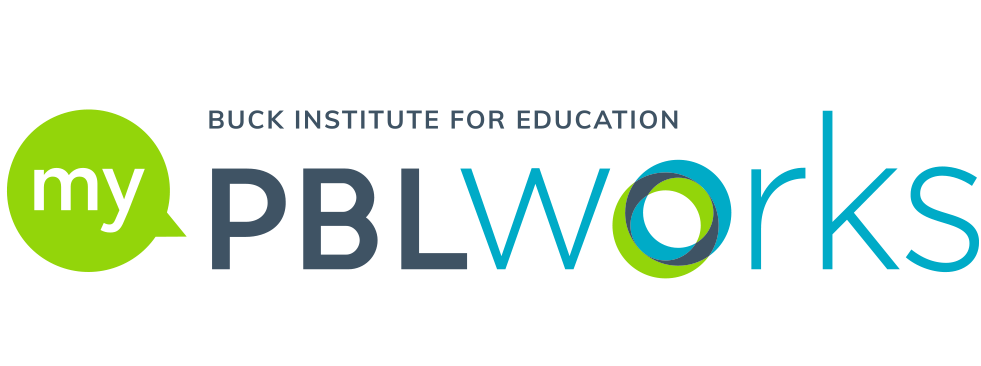Yong Zhao Makes the Case for Creativity
Yong Zhao, author of World Class Learners: Educating Creative and Entrepreneurial Students, brought his unique blend of humor, global insight, and bold thinking to the fourth day of PBL World. In his keynote, Zhao urged educators not to treat creativity as a nice-to-have but to recognize it as “an economic necessity.”
Zhao took the crowd on a fast tour of the global education landscape, explaining with stories and data that the countries producing great test-takers are failing to produce creative, confident, entrepreneurial thinkers. “If you get in the habit of finding answers,” he said, “you won’t get in the habit of asking questions. Creativity demands asking questions, challenging the status quo.”
Although he drew laughs when he compared the traditional school model to a sausage factory, Zhao was serious about his call to redesign learning so that students’ unique talents aren’t ground into a bland blend. “We don’t need more sausage,” he said, urging educational approaches that will nurture creativity instead of “homogenizing people.”
Zhao wrapped up his talk with a ringing endorsement of PBL as a strategy for “enhancing every child’s talents.”
In a conversation after his keynote, Zhao elaborated on three practices to encourage in PBL: “First, a good project has to have an authentic audience, an authentic purpose. When students create anything, it has to matter to someone. It has to touch emotions.”
Through project experiences, he added, “students have to learn to understand their own strengths and weaknesses so they can seek partnership with someone else.”
Finally, he said, “a project has to help a student understand someone else’s needs.”
The fast-growing Maker Movement, with an emphasis on creating rather than consuming, is “one form of project,” Zhao said. But he cautioned educators to think broadly about what “making” can mean. “A product can be about helping someone feel better. That’s actually a real product! We shouldn’t focus on just objects. Products can be music, poetry, drama—anything. The Maker Movement is great, but can narrow our thinking to a physical object.”
To facilitate projects that encourage creativity, Zhao offered this advice: “Be emotionally involved. Our teachers need to rediscover their own talents and passions. Look hard at yourself not as a teacher, but as a human being. How can you inspire others?”
In the 21st century, Zhao said, “the future is about discovering your own individual voice.” In the Industrial Age, “you were supposed to leave your personal self behind. Follow orders. But now, we can’t afford to ignore personal interests and personal passions.”
PBL World participants were taking a deep dive into creativity, critical thinking, and other topics today during one-day intensive workshops. Follow the #pblworld conversation on Twitter for updates about the creative project ideas they are developing this week.
To view or download this resource, log in here.
Login